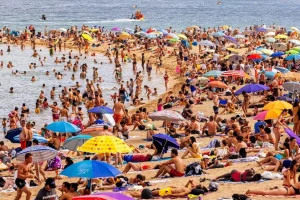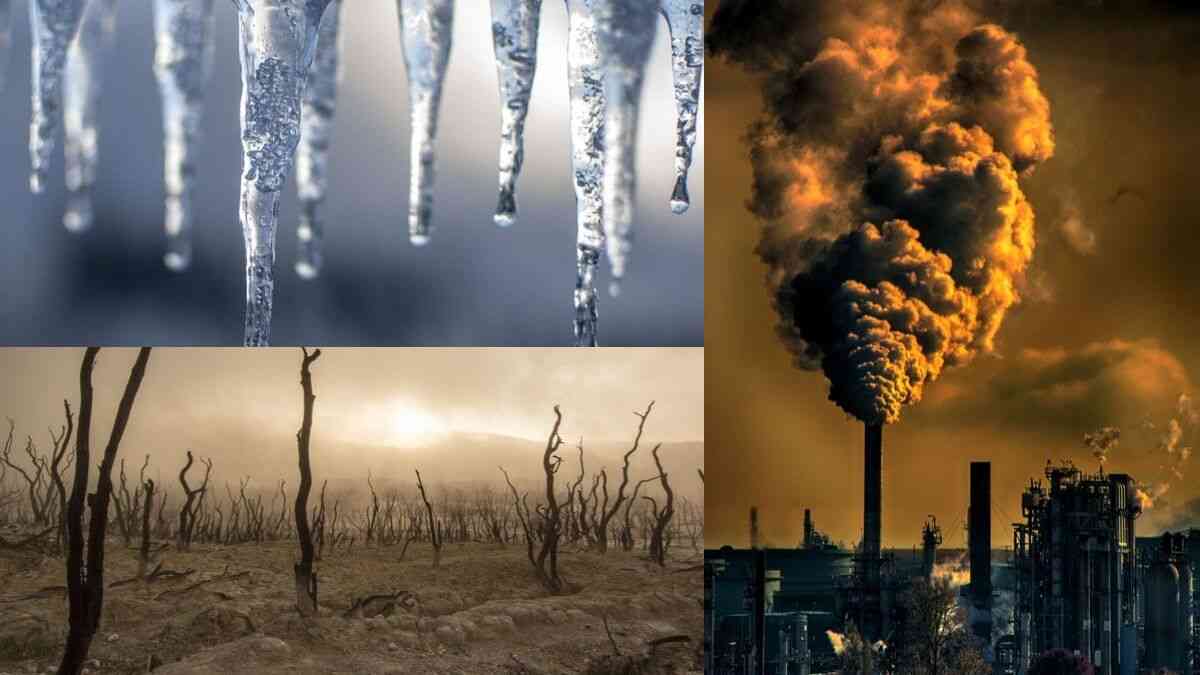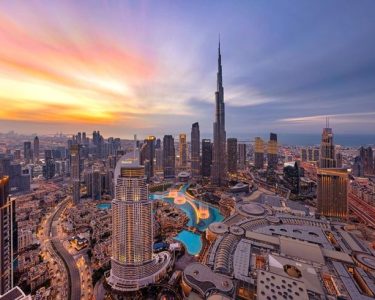Introduction
Climate change, a term that has become increasingly prevalent in discussions surrounding our environment, is not only affecting natural ecosystems and weather patterns but is also significantly altering travel plans around the globe. As temperatures rise, sea levels increase, and extreme weather events become more frequent, the travel industry and travelers themselves must adapt to these new realities. This informative article delves into how climate change is reshaping the way we travel, the destinations we choose, and the overall experience of travel.
The Impact of Rising Temperatures
One of the most direct effects of climate change is the increase in global temperatures. This rise in temperature is influencing travel in several ways:
- Seasonal Shifts: Traditional travel seasons are shifting. Destinations that were once popular during summer months may now experience extreme heat, making them less attractive. Conversely, places that were too cold for comfort during winter months might now offer milder, more appealing conditions.
- Health Concerns: Higher temperatures can exacerbate health issues such as heatstroke and dehydration. Travelers, especially those with pre-existing conditions, need to be more cautious and may avoid destinations experiencing extreme heat.
- Wildlife Patterns: Wildlife tourism, such as safaris and whale watching, is also affected. Animals are altering their migration patterns and habitats in response to changing temperatures, making it harder for tourists to predict where and when they can observe wildlife.
Rising Sea Levels and Coastal Destinations

Sea level rise, another consequence of climate change, poses a significant threat to coastal destinations:
- Erosion and Flooding: Many popular tourist destinations, including beaches and coastal cities, are experiencing increased erosion and flooding. This not only affects the natural beauty of these locations but also the infrastructure, making them less accessible and safe for tourists.
- Disappearing Islands: Some low-lying islands are at risk of disappearing entirely. Destinations like the Maldives and Tuvalu are already experiencing severe impacts, which may discourage travelers from visiting due to concerns about sustainability and long-term viability.
- Insurance Costs: The increased risk of flooding and storm damage has led to higher insurance costs for both travelers and businesses in coastal areas. This can make trips to these destinations more expensive and less appealing.
Extreme Weather Events

The frequency and intensity of extreme weather events, such as hurricanes, typhoons, and wildfires, are increasing due to climate change:
- Travel Disruptions: Extreme weather can lead to flight cancellations, delays, and dangerous travel conditions. Travelers need to be more flexible and prepared for sudden changes to their itineraries.
- Safety Concerns: The safety of tourists is a significant concern during extreme weather events. Destinations prone to hurricanes or wildfires may see a decline in visitors due to fears of being caught in a hazardous situation.
- Economic Impact: The tourism industry in regions frequently affected by extreme weather can suffer economically. Businesses dependent on tourism may struggle to recover after repeated events, leading to a decline in the quality of services and experiences offered.
Changing Ecosystems and Attractions

Climate change is also altering natural attractions and ecosystems that are key to tourism:
- Coral Reefs: Coral bleaching, caused by rising sea temperatures, is devastating coral reefs around the world. Destinations known for their vibrant underwater ecosystems, such as the Great Barrier Reef, are losing their appeal as the reefs die off.
- Glaciers and Snowfall: Melting glaciers and reduced snowfall are affecting winter sports destinations. Ski resorts are experiencing shorter seasons and less reliable snow cover, which can deter winter sports enthusiasts.
- Biodiversity Loss: The loss of biodiversity due to climate change impacts the natural beauty and uniqueness of many travel destinations. National parks and nature reserves may lose some of their draw as plant and animal species decline.
Adaptation and Mitigation Strategies

In response to these challenges, the travel industry and travelers are adopting various adaptation and mitigation strategies:
- Sustainable Tourism: There is a growing emphasis on sustainable tourism practices. Travelers are increasingly seeking eco-friendly accommodations, transportation options, and activities that minimize their carbon footprint.
- Alternative Destinations: As traditional destinations become less viable, travelers are exploring alternative locations. This can help distribute the economic benefits of tourism more evenly and reduce the pressure on overburdened sites.
- Travel Insurance: Comprehensive travel insurance that covers extreme weather events and other climate-related disruptions is becoming more important. Travelers are advised to carefully review their insurance policies to ensure they are adequately protected.
- Infrastructure Improvements: Destinations are investing in infrastructure improvements to better withstand the impacts of climate change. This includes building more resilient structures, improving drainage systems, and implementing early warning systems for extreme weather events.
Conclusion
Climate change is undeniably altering travel plans and the tourism industry as a whole. From shifting travel seasons and rising sea levels to extreme weather events and changing ecosystems, the effects are far-reaching and complex. Both travelers and the travel industry must adapt to these changes, adopting more sustainable practices and being prepared for the new realities of travel in a changing climate. By doing so, we can continue to explore and enjoy the world while mitigating the impacts of climate change on our beloved travel destinations.




